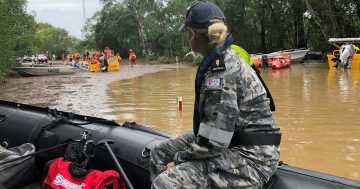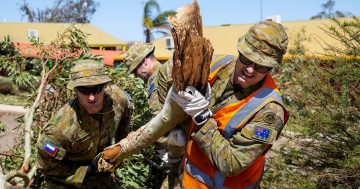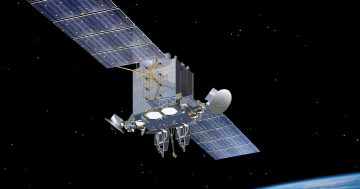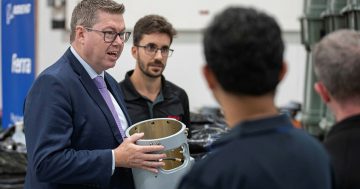 1. This week 10 years ago, Attorney-General, Nicola Roxon announced almost $60 million would be spent to allow emergency services to send out world-first location-based text messages to mobile phones when emergencies strike.
1. This week 10 years ago, Attorney-General, Nicola Roxon announced almost $60 million would be spent to allow emergency services to send out world-first location-based text messages to mobile phones when emergencies strike.
Ms Roxon said emergency text messages would be sent to mobile phones based on where that phone was, as well as its registered address.
“This update will help emergency services to get warnings to the right people at the right time in the right place,” Ms Roxon said.
2. A study into the accuracy of the Reserve Bank of Australia’s (RBA) forecasts for key macroeconomic variables in the national economy found a low success rate.
In their report, the RBA’s Peter Tulip and Stephanie Wallace said uncertainty about the Bank’s forecasts was high, particularly for gross domestic product (GDP) growth, and forecasts of the unemployment rate outperformed random estimates only for a few quarters ahead.
“The RBA has regularly emphasised the difficulties of forecasting and the considerable uncertainty about the economic outlook,” the report said.
It concluded that the uncertainty about RBA forecasts was similar to that in private sector forecasts.
3. The Minister for Defence, Stephen Smith and the US Secretary of Defence, Leon Panetta signed a Memorandum of Understanding on the establishment of a jointly operated radar space surveillance installation at Naval Communication Station Harold E. Holt in Exmouth, Western Australia.
“The increasing congestion in space from over 50 years of space activities and a significant rise in space debris present a rising threat to our assured access to space,” Mr Smith said.
“The hosting of SSA [Space Situational Awareness] facilities in Australia will improve the overall performance of the global network of sensors … through which the US provides a warning service to all satellite operators, and publicly available information on the orbits of satellites and space debris.”
4. The Australian Government accepted all the recommendations from the Final Report of the Queensland Floods Commission of Inquiry (QFCI).
Minister for Emergency Management, Nicola Roxon said the three recommendations directed to the Commonwealth related to working with Queensland to improve access to flood data; locating telecommunications facilities to minimise exposure to flooding; and working with the State to improve the monitoring of contaminants in marine environments potentially affected by mine discharges.
“The Australian Government is working with States and Territories to progress a range of initiatives under the National Strategy for Disaster Resilience, which draw on the work of the QFCI,” Ms Roxon said.
5. Queensland Minister for State Development, Infrastructure and Planning, Jeff Seeney said a salinity trading system was among the options being considered as a long-term solution to protect the water quality of the Fitzroy Basin catchment near Rockhampton.
He said a permanent strategy for water management was needed that was firmly based on science and that established a set of principles about how excess water from coalmines was released into the river system.
“We need to ensure that different industries can coexist and we can sustain economic development, while water quality is maintained at acceptable levels for the Basin’s communities,” Mr Seeney said.
He said the Hunter Valley in NSW, which had a salinity trading scheme, could provide a model for the future of the Fitzroy Basin.
6. And a decade ago South Australia became the first State to sign a whole-of-government Memorandum of Understanding (MOU) to support Reservists of the Australian Defence Force (ADF) working in the Public Service.
Federal Parliamentary Secretary for Defence, Senator David Feeney said South Australia was leading the way in the development of agreements to manage the relationship between ADF members and their civilian employers.
“A significant number of South Australian Public Servants also serve the nation as members of the ADF,” Senator Feeney said.
“The MOU will make it easier for them to balance their Public Service employment and their Defence service.”











